An audit can validate and improve your financial control environment, including detecting or deterring fraud or wastage. The purpose of an audit is to provide an opinion on the financial statements as a whole. Consequently, the auditor will review the accounting and operational control systems, engage management, perform analytical reviews of the numbers, sample items for audit, visit sites to verify the existence of assets or operations, etc. An audit will also have layers of reviews and people reviewing and checking audit files. The audit outcomes are an opinion on the financial statements and usually a management letter highlighting essential matters that the directors must address.
An assurance checks the integrity of the accounting and financial records, including checking the accuracy of financial reports and improving financial statements’ accuracy. Examples of assurance assignments are agreed-upon procedures and review engagements.
Agreed-upon procedures offer the client greater flexibility than that obtainable from a traditional audit. Agreed-upon procedures typically focus on a specific area of the financial statements. For example, an Embassy may want confirmation that a recipient of funding utilized donated to funds according to the agreed contract. Or a CFO may want assurance that trade receivables are valid or collectible. Agreed-upon procedures do not include an audit opinion, but the client receives a Report of Factual Findings.
A review engagement provides limited assurance that the financial statements do not require material modifications to comply with the financial reporting framework, i.e. IFRS or GAAP.
In a review engagement, the auditor will perform analytical procedures to understand key relationships among certain numbers. This understanding gives more assurance about the reasonableness of the financial condition presented in the financial statements.
Based on the inquiries and analytical procedures, the CPA can only express limited assurance that the financial statements do not require material modifications to conform with the applicable financial reporting framework. Because a review engagement is substantially less intensive in scope than an audit, the auditor cannot express an opinion on the fairness of the financial statements taken as a whole.
Agreed-upon procedures and review engagements are typically quicker and less expensive than an audit and can be more cost-effective than an audit.




